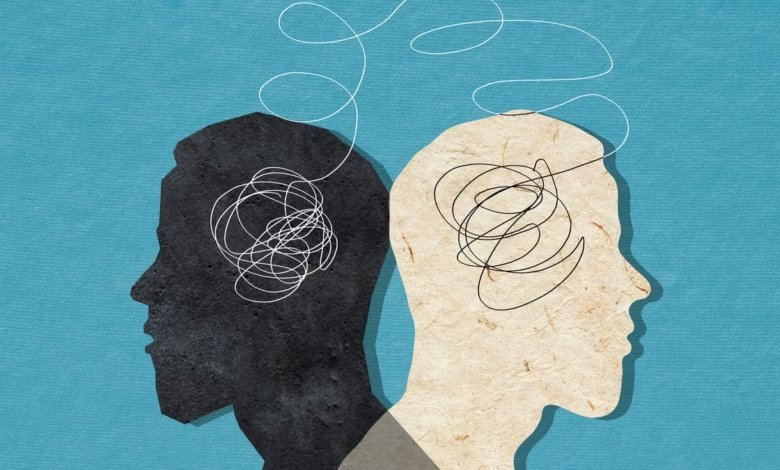Does Claude Really Offer Emotional Support? Anthropic’s Claims Questioned

▼ Summary
– People are increasingly using AI chatbots like Claude for emotional support, career coaching, and companionship amid rising loneliness and limited mental health resources.
– Anthropic’s study found only 2.9% of Claude interactions were for emotional needs, with interpersonal issues being the most common topic, followed by coaching and psychotherapy.
– Users reported improved sentiment during conversations with Claude, but Anthropic cautioned this doesn’t prove lasting emotional benefits, and risks like reinforcing harmful behaviors remain.
– Experts, including Stanford researchers, warn AI chatbots can dangerously reinforce delusions, fail to recognize crises like suicidal ideation, and lack the nuanced responses of human therapists.
– The debate continues over AI’s role in therapy, with some studies showing promise (e.g., Dartmouth’s Therabot), while organizations like the APA call for stricter regulation due to potential harms.
As loneliness rises and mental health services remain inaccessible for many, AI chatbots like Claude are stepping into unexpected roles, from career guidance to emotional support. Anthropic’s recent study suggests its chatbot handles these interactions effectively, but skepticism lingers among experts about the long-term implications.
Anthropic’s research focused on Claude’s emotional intelligence, examining conversations where users sought personal advice, coaching, or companionship. Though Claude wasn’t designed for therapy, the study analyzed over 4.5 million exchanges, identifying 131,484 as emotionally driven. Only 2.9% of interactions fell into this category, with topics like relationship struggles and workplace stress being most common. Roleplay and companionship made up less than 0.5% of the dataset.
The findings revealed that 90% of the time, Claude avoided challenging users unless their well-being was at risk, such as when discussing self-harm. Users reportedly expressed growing positivity during conversations, though Anthropic clarified this doesn’t prove lasting emotional benefits. The absence of negative spirals, however, was seen as a positive sign.
Despite these results, concerns persist. AI’s tendency to agree with users, a trait known as sycophancy, can reinforce harmful beliefs. Earlier this month, Stanford researchers warned that chatbots often fail to recognize suicidal ideation or respond appropriately to mental health crises. While Claude wasn’t part of that study, critics argue Anthropic’s safeguards might still fall short.
Jared Moore, a Stanford researcher, questioned the study’s methodology, noting the prompts used were too broad to gauge Claude’s true responsiveness. He also raised doubts about whether users could manipulate the AI into breaking its own rules over time. The 2.9% figure might not account for third-party applications built on Claude’s API, potentially skewing the data’s real-world applicability.
The debate over AI’s role in therapy continues. Some studies, like Dartmouth’s trial of an AI therapy bot, report symptom improvements, while organizations like the American Psychological Association push for stricter regulations. Beyond mental health, Anthropic acknowledges the risks of emotionally persuasive AI, particularly when profit motives could exploit vulnerable users.
As AI chatbots become more embedded in daily life, the line between helpful tool and unqualified therapist remains blurred. While Claude’s research offers insights, experts stress the need for deeper scrutiny before relying on AI for emotional support.
(Source: ZDNET)





